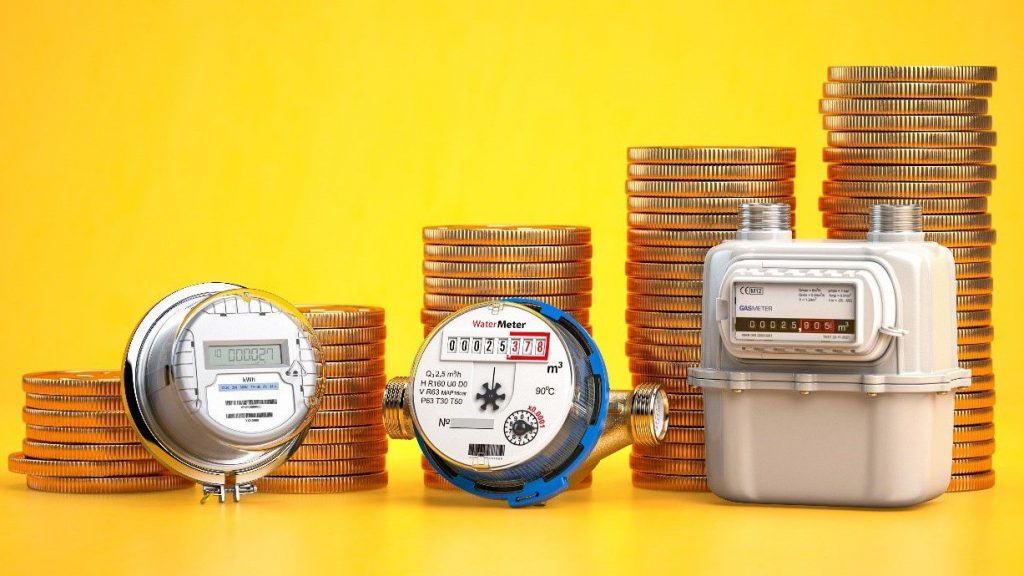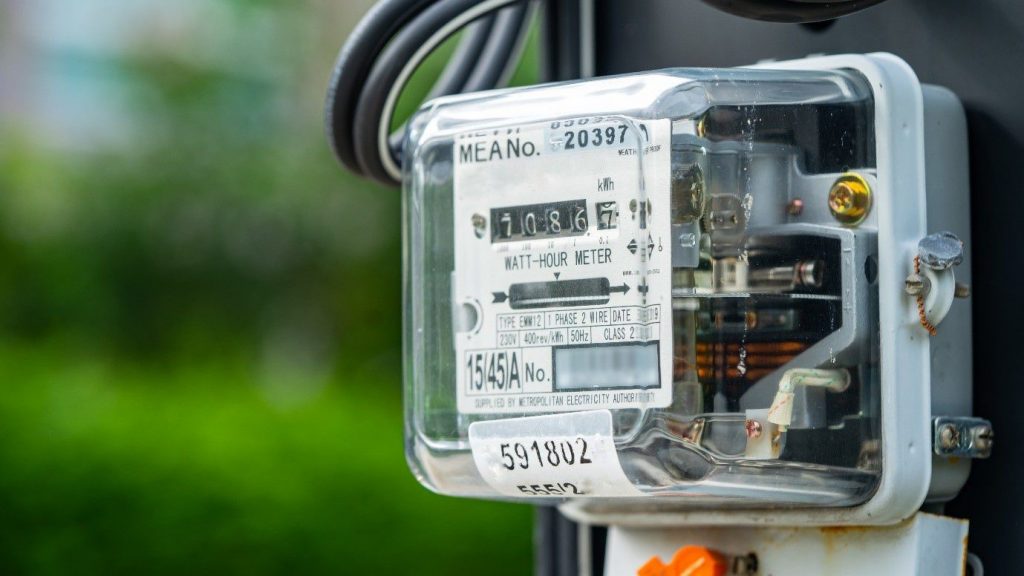Letting a property is not easy, and one common issue most landlords face is overdue utility bills. They can be infuriating to deal with, especially if you find out about them too late. Unfortunately, most landlords only realise their property’s electricity and water bills have not been paid for after their tenant has left the property or disappeared without prior notice.
To help landlords navigate overdue utility bills, we’ve compiled several methods landlords can follow to protect themselves from unpaid utility bills.
Landlord or Tenant: Who is Responsible for Utilities?

Utility bills are monthly invoices charged for essential household services, including electricity, water and gas. They are generally paid for by the tenant, as they use these services while occupying the rental property. Some landlords may even include mobile and internet connection, air-conditioning, or even satellite television as part of their tenant’s utility bills.
In most cases, a landlord will collect a deposit from their tenant at the beginning of their tenancy to protect themselves against any defaults on payments.
However, landlords are still exposed to risks as overdue utility bills can go above the deposited amount. This could lead the utility company to cut the property’s utilities supply.
Read More: Can Landlords Rent Room Easier Now Than Ever Before?
How Can Landlords Protect Themselves From Overdue Utility Bills

As a landlord, protecting yourself from potential financial losses is important. Here are four steps to protect yourself from overdue utility bills.
1. State Who is Responsible for Utility Bills in Your Tenancy Agreement
When preparing your tenancy agreement, you should include a section that states who is responsible for paying the utility bills. It is very important you make these terms clear, to safeguard yourself from any issues that may arise in the future.
Moreover, you should also ensure that all utility bills are transferred to the tenant’s name for the duration of the tenancy. Doing so ensures that the overdue utility bills will remain their responsibility until the sum is settled, even if they leave the premises.
2. Notify Utility Companies
As a landlord, you should notify your utility companies that you have a new tenant and also encourage your tenants to set up their own utility accounts. This is because doing so reduces the possibility of inaccurate or overdue utility bills.
For example, suppose a tenant leaves your property without settling their electricity bill. In that case, your electricity supplier would only hold you liable from when your property became vacant.
Therefore, you should always ensure that your electric meter readings are accurately recorded.
3. Communicate with Your Tenants
Let your tenants know in advance who is responsible for the utility bills and ensure both parties fully understand the agreed-upon terms before signing the tenancy agreement.
Moreover, having strict guidelines in the tenancy agreement will encourage tenants to be more vigilant about paying bills on time.
4. Screen Your Tenants
To avoid renting your property to a tenant who cannot pay their utility bills, ensure you screen your tenants thoroughly.
Potential tenants should submit their proof of income and have a solid credit history to prove that they can pay their rent and utility bills.
Read More: Top Refurbishment Ideas to Increase the Value of Your Rental Properties
Property Management with Rumah-i
Understanding utility bills and determining who is responsible for them is a crucial part of being a landlord. However, if you are concerned about potential issues with overdue utility bills, Rumah-i can help.
As a trusted rental services company in Malaysia, we offer property management solutions to help landlords save time, reduce the risk of mistakes and ensure everything is calculated and paid on time.




